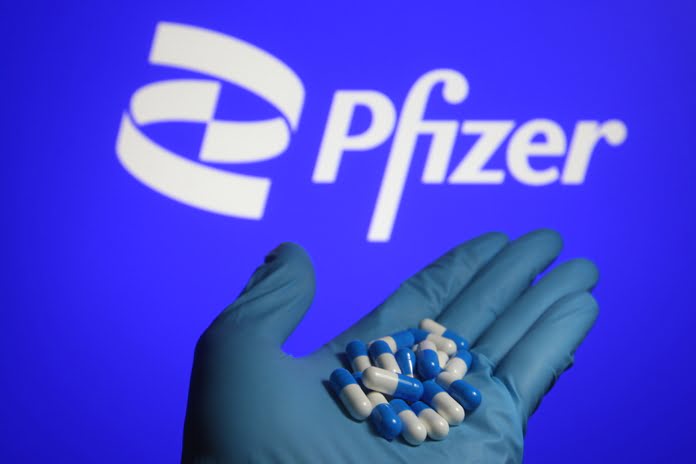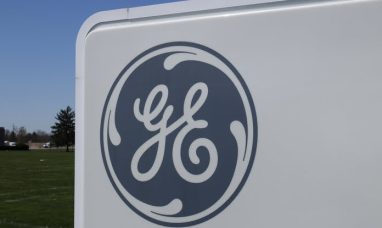Pfizer (NYSE:PFE) announced a $31 billion debt issue to fund its upcoming acquisition of cancer pharmaceutical Seagen (NASDAQ:SGEN). The bond sale is likely to be one of the largest debt sales in history.
The debt offering, consisting of eight tranches of notes, is scheduled to close on May 19. According to Pfizer, the joint lead managers and joint book-running managers include BofA Securities, Citigroup, Goldman Sachs, and J.P. Morgan.
Pfizer made an offer to buy Seagen in March for $229 per share in cash, for a total enterprise value of almost $43 billion.
Pfizer stock has dropped 26.6% in the last year, while the industry has risen 12.6%.
The acquisition of Seagen is expected to boost Pfizer’s cancer medication portfolio by adding a class of antibody-drug conjugates (ADCs). Pfizer’s already dominant oncology portfolio of 24 licensed novel cancer treatments should be strengthened by the addition of Seagen.
Seagen presently sells four cancer medications: Adcetris, Padcev, Tukysa, and Tivdak. So far, all of these medications have seen considerable adoption, with Adcetris accounting for the majority of Seagen’s revenue. The FDA has approved the medication for six cancer indications.
Several trials on Adcetris, Padcev, Tukysa, and Tivdak for expanded indications in earlier lines of therapy are presently underway.
The Seagen transaction is expected to assist Pfizer in recovering some of the $17 billion in sales that the firm expects to lose owing to the expiration of certain of its patents in the 2025-2030 time period. Pfizer’s COVID-19 vaccine and medications are also seeing a major drop in sales. Pfizer anticipates that Seagen will generate more than $10 billion in risk-adjusted revenue by 2030. The acquisition is consistent with Pfizer’s strategic goal of increasing revenue by $25 billion by the end of 2030 by developing its business.
The Pfizer/Seagen acquisition is likely to be completed in late 2023 or early 2024, subject to Seagen shareholder and regulatory clearance.
The debt offering follows the Federal Trade Commission’s (FTC) most recent challenge to a pharmaceutical merger. The FTC filed a lawsuit this week to stop Amgen’s (NASDAQ:AMGN) proposed $27.8 billion acquisition of Horizon Therapeutics (NASDAQ:HZNP).
Amgen said in December that it would purchase Horizon Therapeutics for $116.50 per share in cash, or $27.8 billion. Amgen will benefit from the acquisition by adding a complementary portfolio of rare disease medications such as Tepezza, Krystexxa, and Uplizna to its vast and diverse portfolio. The proposed acquisition was the largest merger and acquisition deal announced in 2022.
According to the FTC, the acquisition will enable Amgen to persuade insurance companies and pharmacy benefit managers (PBMs) to prefer access to Horizon’s Tepezza, a thyroid eye disease medication, and Krystexxa, a chronic refractory gout medicine. Both of these medications enjoy a monopoly-like market position with no competition, allowing Horizon to charge “extremely high prices” for both drugs. The FTC believes that if Amgen is successful in establishing monopolies for Horizon’s medications, it will increase revenues from Tepezza and Krystexxa and bolster its bottom line.
Featured Image: Megapixl









